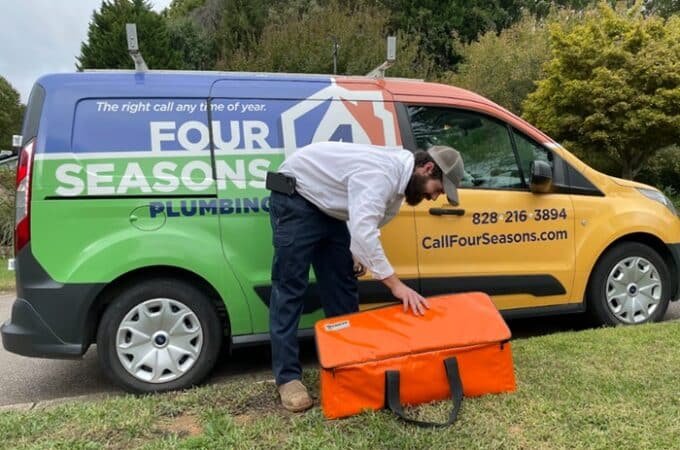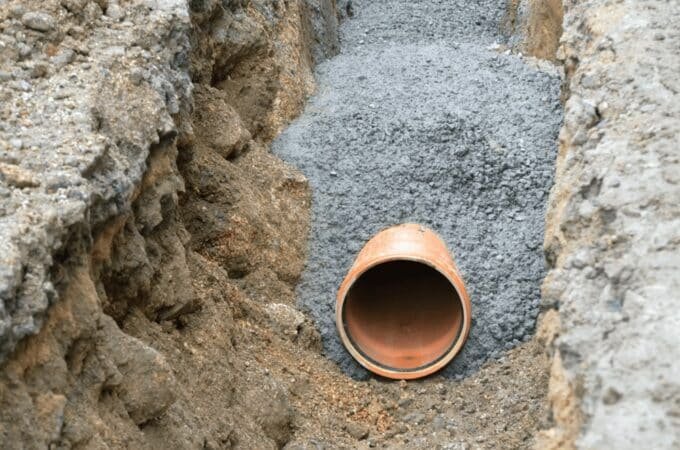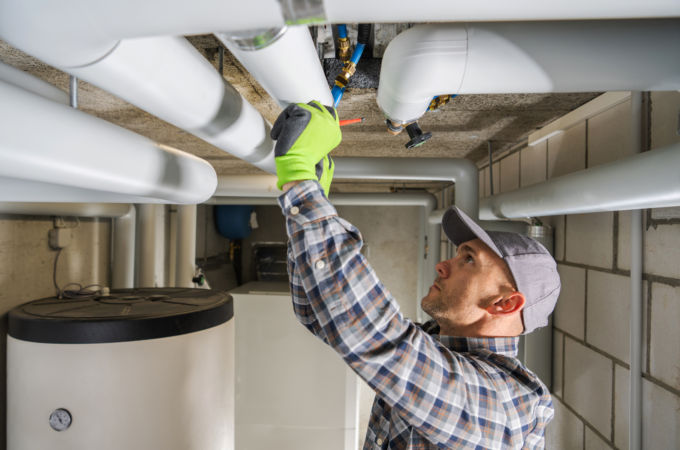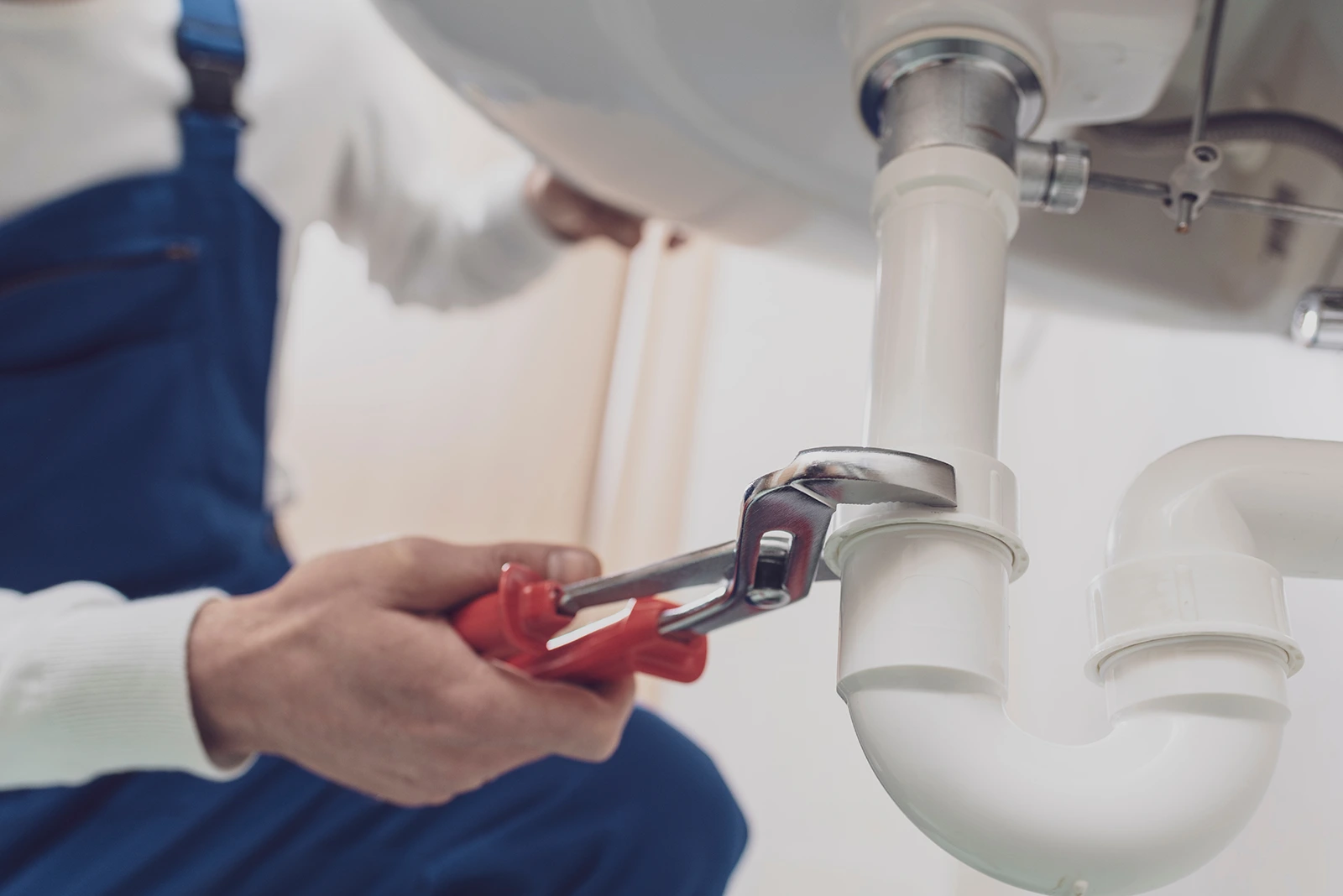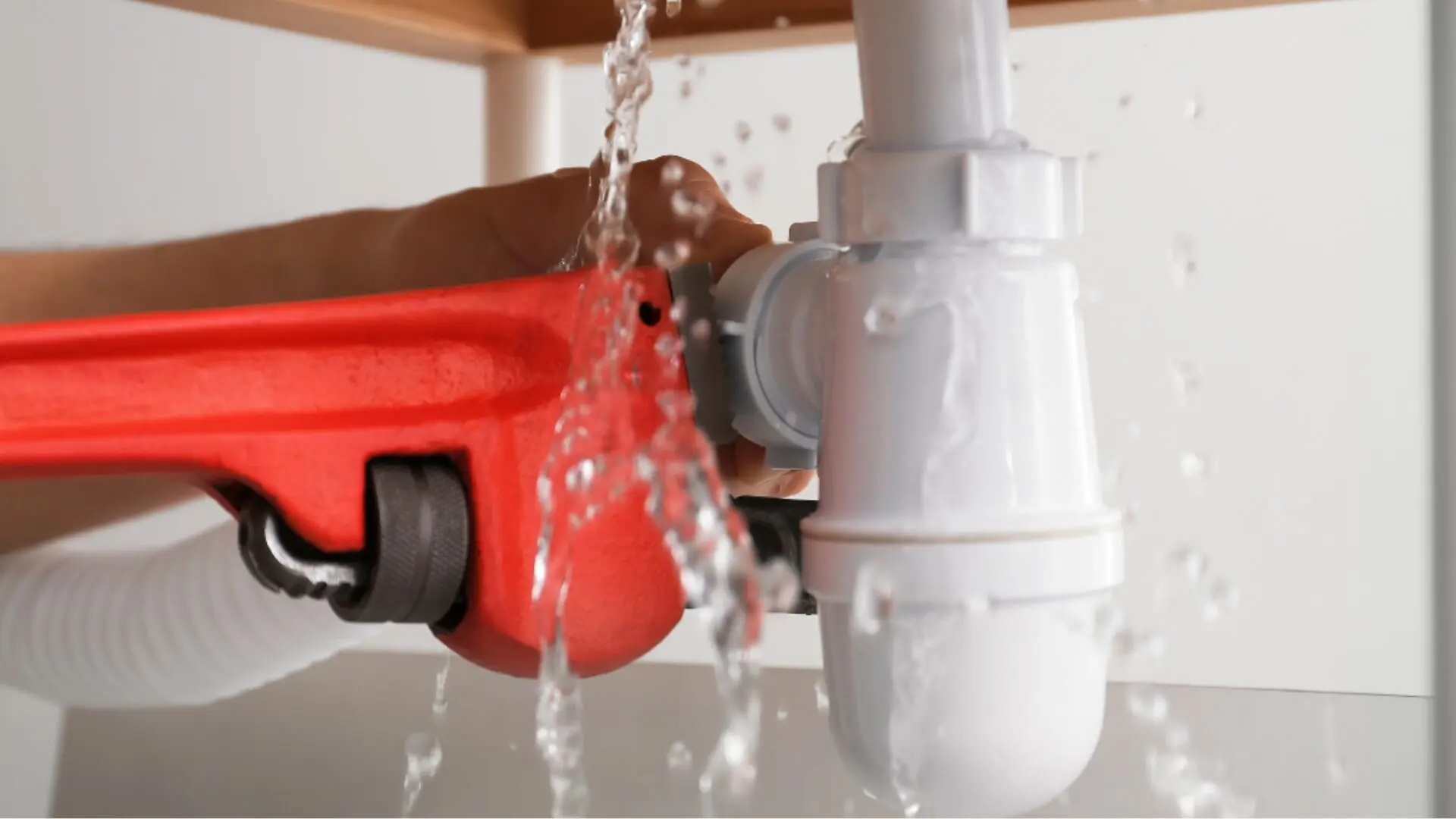
How to Prepare for a Plumbing Emergency: A Homeowner’s Guide
When it comes to homeownership, one of the most dreaded situations is a plumbing emergency. Burst pipes, overflowing toilets, or a sudden lack of water can turn a peaceful evening into a chaotic nightmare. Knowing how to handle these situations can save homeowners time, money, and stress. By understanding the basics and having a plan, dealing with these issues can be much more manageable. This guide will walk homeowners through the steps to take when faced with a plumbing emergency, ensuring they know when and how to seek emergency plumbing services.
Table of Contents
ToggleUnderstanding Common Plumbing Emergencies
Before diving into the preparation steps, it’s essential to recognize common plumbing emergencies. These can range from minor inconveniences to significant disasters, including:
- Burst Pipes: Often caused by freezing temperatures, old plumbing, or excessive water pressure.
- Clogged Drains: This can lead to water backup and potential flooding if not addressed promptly.
- Water Heater Failure: This leaves you without hot water, possibly causing water damage.
- Overflowing Toilets: A result of blockages that can lead to unsanitary conditions.
- Leaky Faucets and Pipes: This leads to water wastage and potential damage to walls and floors.
Steps to Prepare for a Plumbing Emergency
1. Know where your main water shut-off valve is.
The first and most crucial step in preparing for a plumbing emergency is knowing the location of your main water shut-off valve. In many homes, this valve is located near the water meter or where the main water line enters the house. Shutting off the main water supply can prevent further damage from leaks or burst pipes.
2. Keep essential tools handy.
Having a basic plumbing toolkit can be incredibly helpful. It should include a plunger, pipe wrench, plumber’s tape, and a set of screwdrivers. These tools can help you manage minor issues until professional help arrives.
3. Maintain your plumbing system.
Regular maintenance can prevent many plumbing emergencies. This includes inspecting pipes for leaks, ensuring drains are clear, and servicing your water heater annually. Regular checks can catch problems early before they escalate.
4. Have emergency plumbing services contact information ready.
In the event of a severe plumbing issue, having the contact information for reliable emergency plumbing services is vital. Keep this information easily accessible, whether saved on your phone or posted in a visible location.
5. Educate your household.
Ensure everyone in your household knows where the water shut-off valve is and how to use it. Additionally, they should be familiar with the location and use of basic plumbing tools. This knowledge can be crucial in minimizing damage during an emergency.
When to Call a Professional
While some minor plumbing issues can be handled by a handy homeowner, certain situations require the expertise of a professional. If you encounter any of the following, it’s time to call emergency plumbing services:
- Uncontrollable water leaks
- Sewage backup
- No access to running water
- Persistent low water pressure
- Flooding from any plumbing source
Preparing for a plumbing emergency is all about being proactive and informed. Understanding the common emergencies, maintaining your plumbing system, and knowing when to call for professional help can significantly reduce the stress and damage associated with these situations.
Don’t wait for a crisis to hit. Take the time now to familiarize yourself with your home’s plumbing system and ensure you’re prepared for any unexpected issues. For immediate assistance during a plumbing emergency, always have the contact information for trusted emergency plumbing services at your fingertips. If you’re in need of expert advice or emergency plumbing services, don’t hesitate to reach out to a team of professionals who are ready to help you 24/7.

